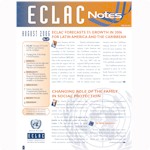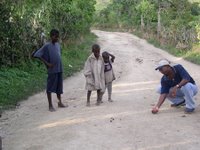Trade, Trade, Macroeconomic Stability and Development Policy: Where to for SIDS?
The U.N. General Assembly provided Caribbean leaders with a heralding tribune to voice their concerns about the current nature of trade policy, and the waves of imbalances that they forge on local economies, and more specifically in the contexts that surround Small Islands Developing States (SIDS).
Two years ago, the prospects liaised with a global economic recovery mainly emphasized greater openness to international trade and finance. And to date, there is still a quagmire that sets on fire matters of sustainability and benefits for all countries, as it appears that greater and greater incidences are witnessed in terms of unequal growth distribution, environmental protection, among others.
As pointed out by one Caribbean government official:
“the international community needs to make adjustments for “the differences in levels of development among the economies and the asymmetries that exist between developed and developing countries.”
Rightly said though, if we consider the facts that current openness to international trade and finance has not delivered or fully enabled the settings of sustained interactions between external financing, domestic investments and export growth for some of those countries.
And secondly, the necessity to adjust the problematique anchored with trade imbalances has still not been approached, and minimize any action vis-à-vis the implementation of development strategies, as matters of macroeconomic stability, and the relevance of appropriate multilateral regulations are left dangling in a room with no immediate answers to deal with the impacts of exogenous shocks on some of these islands, and their capacity to address head-on poverty reduction strategies and national planning.



































